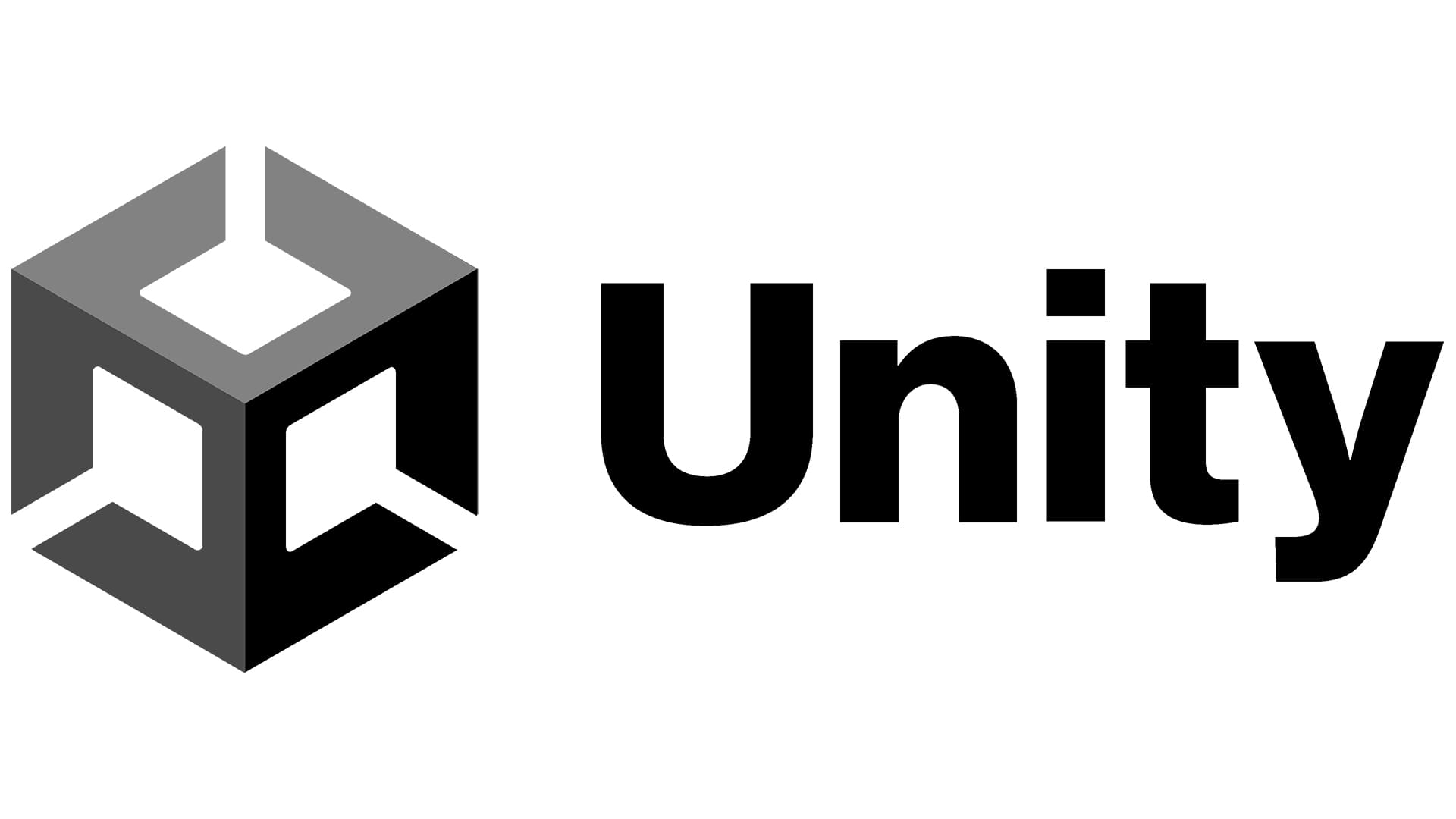In an increasingly interconnected world, the quest for unity has never been more paramount. The Bahá’í teachings provide profound insights into how individuals can not only strive for personal growth but also collaborate synergistically to foster global unity. Unity in action is not merely a conceptual ideal but a practical mission that invites us to engage actively with those around us, particularly with individuals and organizations that endeavor to create a better world. But how can we effectively join forces with others in the pursuit of this noble objective? This challenge beckons us to explore our roles in collective endeavors aimed at societal transformation.
The intricacies of unity necessitate a multi-faceted approach, grounded in the very essence of Bahá’í principles. At the core of these teachings lies the assertion that the oneness of humanity is fundamental. This principle encourages us to transcend divisive barriers—whether they are based on race, class, or religion—and recognize the inherent dignity within each person. As we acknowledge our shared humanity, we begin to dismantle the prejudices that inhibit our collaborative potential. Herein lies the bedrock upon which effective partnerships are formed.
Engagement with diverse communities exemplifies a paramount strategy for fostering unity. The Bahá’í teachings emphasize the importance of service as a vehicle for transformation. Through engaging with local groups that focus on social justice, environmental sustainability, or educational initiatives, individuals can contribute to collective efforts that uplift the community while fostering the spirit of collaboration. For instance, participating in community gardening projects not only reinforces environmental stewardship but also cultivates relationships among diverse cultures and backgrounds, effectively enhancing social cohesion.
Moreover, the Bahá’í perspective encourages us to reflect on the role of dialogic engagement. Meaningful conversations that bridge differences can catalyze understanding and empathy. A playful question often arises: how many assumptions do we carry into conversations with strangers? Engaging in dialogues that challenge preconceived notions not only deepens our understanding but also creates an atmosphere of mutual respect. This practice aligns with Bahá’í tenets, urging us to approach discussions with an open heart and mind, ready to listen and learn from each other’s experiences.
Furthermore, the principle of consultation—a fundamental Bahá’í practice—serves as an effective tool for decision-making in collaborative efforts. By gathering a diverse group of individuals and encouraging each voice to be heard, we can arrive at solutions that reflect a broader spectrum of perspectives and insights. This approach not only empowers individuals but elevates the collective intelligence of the group. This process can be particularly transformative in addressing community issues, as it fosters a sense of ownership and commitment among all participants.
In the realm of educational initiatives, the Bahá’í teachings underscore the significance of uplifting the younger generation. Creating spaces where children and youth can engage in learning about global citizenship, social responsibility, and service to humanity fortifies the foundations of unity. Programs designed to facilitate youth leadership and collaboration can empower them to envision their roles as agents of change. By equipping the future generations with the right tools, we cultivate a culture of unity that can ripple through society for decades to come.
However, challenges are inevitable in the pursuit of unity. As individuals from various backgrounds come together, differing values, beliefs, and communication styles can create friction. Yet, it is within these challenges that growth flourishes. The Bahá’í teachings remind us that unity does not imply uniformity; rather, it embraces diversity as a strength. Working through disputes with grace and a commitment to empathy enables us to emerge stronger, cultivating resilience within ourselves and our communities.
Additionally, the notion of unity extends beyond local interactions; it encompasses a global vision as well. In the context of globalization, it becomes crucial to recognize our shared responsibility toward one another, regardless of geographic boundaries. The Bahá’í Faith advocates for a universal approach, urging all individuals to contribute to global well-being. Participation in international initiatives and collaborations, whether through environmental activism or humanitarian aid, reinforces this overarching commitment to unity.
Ultimately, unity in action serves as both a personal journey and a collective venture. It requires constant reflection and a willingness to adapt. It is imperative for individuals to engage with sincerity and integrity, actively seeking out opportunities to contribute to the collective good. By acknowledging the central Bahá’í principle of the oneness of humanity, we can enhance societal well-being while simultaneously enriching our own lives through meaningful relationships and purposeful action.
As we navigate our paths, let us ask ourselves: how can we contribute uniquely to the movement toward unity? The answers may be diverse, but one thing remains certain: each effort, no matter how small, plays a crucial role in weaving the intricate tapestry of a more equitable world. In this journey, we find not only the potential for individual fulfillment but the opportunity to uplift humanity as a whole. It is through commitment, dialogue, and collaborative synergy that we can bring forth a flourishing, united community—truly embodying the essence of the Bahá’í teachings on unity.
